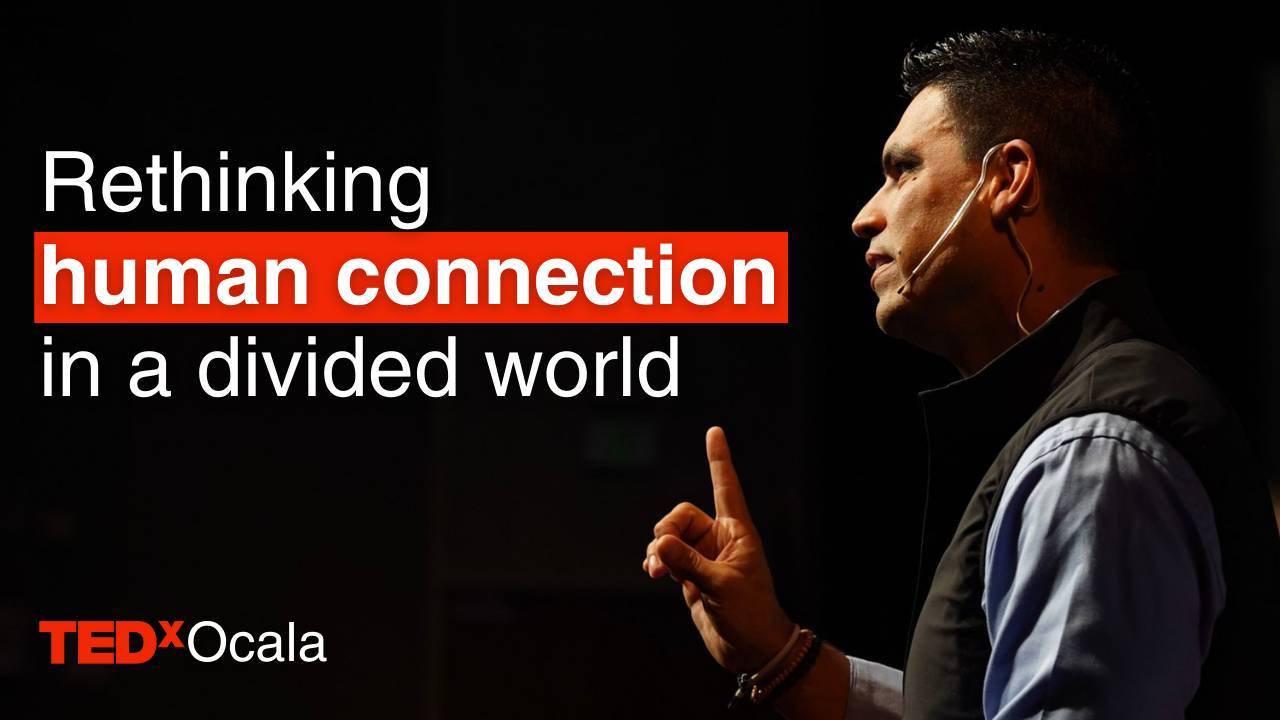The Cure for Workplace Incivility: Clarity, Trust and Purpose

Author: Lindsay Huhman, TCG Director of Operations
When I first started working with organizations, I was relatively young and naïve, and I often mistook what I now recognize as incivility in the workplace as – “that’s just how it is here.” Looking back, I can remember so many instances of digs, comments and blatant sabotage that were seen as normal behaviors, and the individuals committing the infractions were often acquiesced and rewarded. What’s more, some of the worst offenders were in high-level leadership positions over very large departments, which means (you guessed it) the incivility was pervasive through the ranks and ultimately impacted the customer.
Incivility in the workplace takes a serious toll. Whether it’s rude comments, dismissive behavior or passive-aggressive actions, the costs of disrespect are significant: decreased motivation, lower productivity and higher turnover. But despite knowing its consequences, incivility continues to permeate workplaces everywhere. Why?
The reasons for incivility often stem from stress, insecurity, fear and sometimes even a misguided belief that tough, rude behavior is a leadership trait. But creating a more civil, respectful workplace isn’t just about addressing bad behavior — it’s about fostering an environment where clarity, trust and purpose are the foundation.
Clarity and Alignment to Purpose
When people don’t understand the "why" behind their work, stress and frustration can easily surface, making incivility more likely. Leaders who establish clear communication and connect everyday tasks to the overall mission of the organization give employees a sense of purpose. This alignment helps reduce confusion and the potential for misunderstandings, which are often breeding grounds for rude or dismissive behavior.
By providing clarity around goals, expectations and individual roles, employees are better equipped to contribute meaningfully. When people feel like their work matters, they’re less likely to engage in toxic behaviors that detract from collective success. In fact, they are more likely to approach each other with respect and to collaborate effectively.
Actionable Steps:
- Communicate the company's vision and values regularly.
- Ensure employees understand how their roles contribute to the organization's success.
- Set clear expectations for respectful interactions, and provide examples of what civility looks like in everyday tasks.
Establishing Trust, Respect and Rapport
Trust is the foundation of any healthy relationship, and the workplace is no different. Without trust, employees are more likely to feel insecure, guarded or even hostile. When leaders show genuine respect for their team, treating people as valued contributors, they lay the groundwork for a civil and respectful culture.
Building trust requires transparency, empathy and consistency. Leaders who listen actively, provide honest feedback and treat everyone with fairness encourage others to do the same. And when employees feel respected, they are more engaged and motivated, reducing the likelihood of incivility.
Actionable Steps:
- Create opportunities for open dialogue where employees feel safe sharing concerns.
- Follow through on promises and commitments to demonstrate reliability.
- Acknowledge mistakes, and encourage a culture of learning rather than blame.
Fostering an Environment that Welcomes New Ideas
Incivility often stems from environments where people feel undervalued, excluded or threatened by new ideas. To prevent this, leaders must foster a culture where diversity of thought is embraced and people are encouraged to challenge the status quo without fear of retaliation.
When employees feel that their ideas and perspectives are welcomed, they’re more likely to engage positively with others. An inclusive environment also helps curb incivility by reinforcing that everyone’s voice matters, regardless of their title or position. This, in turn, boosts creativity, collaboration and overall performance.
Actionable Steps:
- Host brainstorming sessions where all ideas are encouraged without judgment.
- Promote diversity and inclusion initiatives that highlight the value of different perspectives.
- Recognize and reward those who contribute ideas, even if they challenge traditional thinking.
Recognition and the Importance of Positive Reinforcement
Recognition plays a crucial role in building a respectful workplace. When people feel appreciated for their efforts, they’re less likely to engage in negative behaviors that diminish team morale. Recognition doesn’t have to be grand — small gestures like a "thank you" or public acknowledgment can go a long way in creating a more civil culture.
Equally important is ensuring that incivility is not rewarded. When bad behavior is ignored — or worse, rewarded — others see that rudeness pays off, creating a toxic cycle. Instead, leaders should set the expectation that respect and civility are non-negotiable.
Actionable Steps:
- Celebrate wins, both big and small, with public recognition.
- Use positive reinforcement to model the behaviors you want to see.
- Establish clear consequences for uncivil behavior, ensuring that it is addressed promptly.
Creating Accountability: No Reward for Incivility
A key to minimizing incivility is accountability. In many cases, uncivil behavior persists because it’s not properly addressed or because those engaging in it face no real consequences. Whether it's a manager dismissing concerns or an employee consistently undermining colleagues, bad behavior should never be swept under the rug.
By holding people accountable for their actions and not rewarding incivility, organizations send a strong message about the kind of culture they want to build. Addressing uncivil behavior promptly and consistently reinforces that respect is a core value, not an afterthought.
Actionable Steps:
- Establish clear guidelines for addressing and resolving incidents of incivility.
- Implement training programs on respectful communication and conflict resolution.
- Ensure that promotions and rewards go to those who embody civil behavior, not just performance metrics.
The Carden Group believes incivility erodes performance, damages morale and hurts an organization’s bottom line. However, by creating a workplace grounded in clarity, trust, respect and recognition, leaders can minimize these harmful behaviors and foster a culture where employees thrive.
The question is not just, "Who do you want to be?" but also, "What kind of workplace do you want to create?" One where respect and civility are the norms will always outperform those that let rudeness and incivility slide. Let's make civility a cornerstone of organizational success.
Our proven formula has transformed organizational cultures into environments where teams and ideas thrive. Could incivility be a plague in your organization? Contact us today for an organizational assessment.




